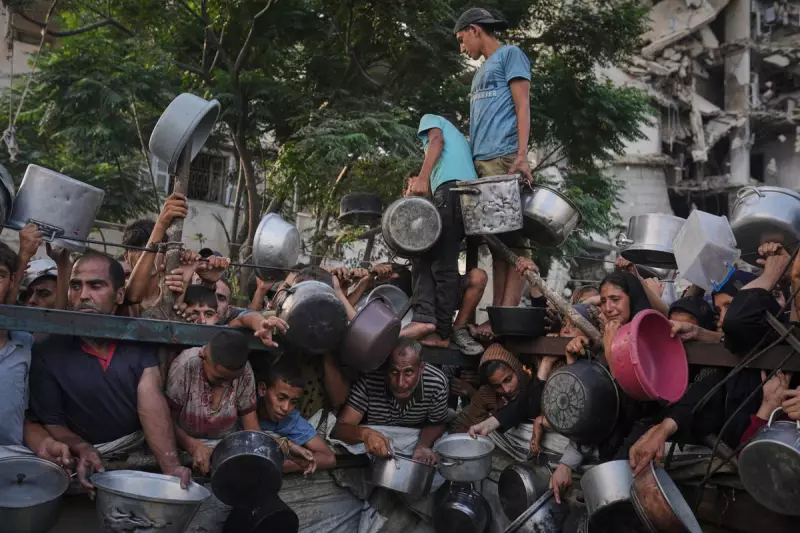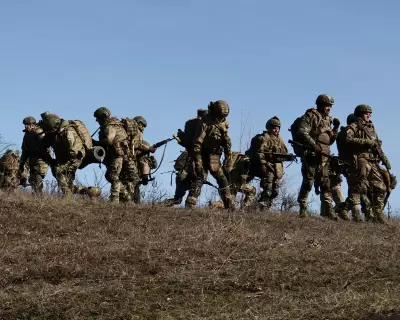
A stark internal warning from within the Israeli defence apparatus contradicts the state's official line, revealing that Northern Gaza is on the brink of a devastating, full-scale famine.
Senior experts in the Unit for Coordination of Government Activities in the Territories (COGAT) – the very body managing Israel's aid entry into Gaza – have voiced grave concerns that are being ignored by superiors. They report a complete breakdown in public order and distribution systems, making it impossible to get sufficient aid to civilians.
Aid Bottlenecks and a Deepening Crisis
The officials pinpoint the core issue: while some aid trucks are being inspected and allowed into Gaza, the infrastructure and security needed to distribute it have been destroyed. With no effective police force and rampant desperation, convoys are being looted before they can reach those most in need.
"There is no way to distribute food in an orderly manner in the northern Gaza Strip. Society has collapsed," one official stated. This chaos renders the counting of trucks at the border a largely meaningless metric for measuring the alleviation of hunger.
Official Denial vs. On-the-Ground Reality
This alarming assessment stands in direct opposition to the Israeli government's public position. Prime Minister Benjamin Netanyahu's office has repeatedly claimed there is no food shortage, placing the blame for distribution issues solely on Hamas and the UN.
However, these COGAT officials, who are on the front lines of the aid coordination effort, describe a catastrophic reality where children are already dying of malnutrition and dehydration. Their expert reports, which detail the escalating disaster, are being sidelined and dismissed by government ministers.
The Path to Worsening Catastrophe
The warnings suggest that without an immediate and dramatic increase in aid flow, coupled with a workable plan for secure distribution, the situation will rapidly worsen. A formal declaration of famine, based on specific mortality and malnutrition rates, is considered highly likely.
The breach between the military experts and the political echelon highlights a critical failure to address a preventable humanitarian disaster, with countless lives hanging in the balance.






